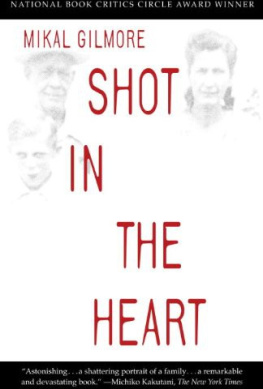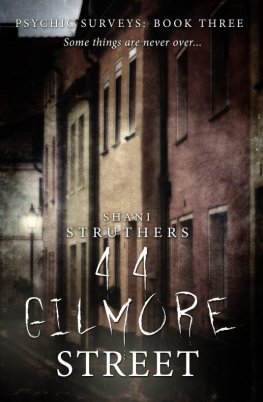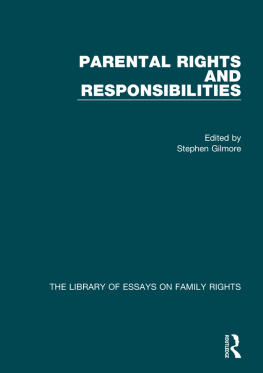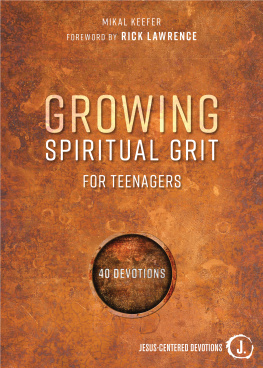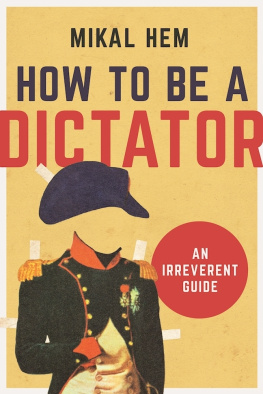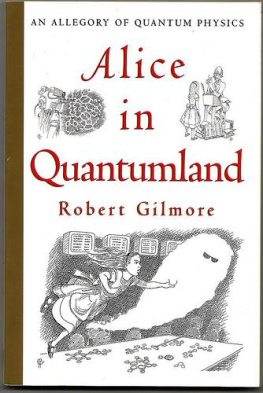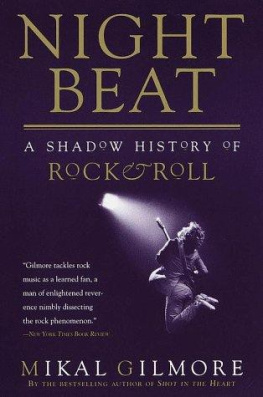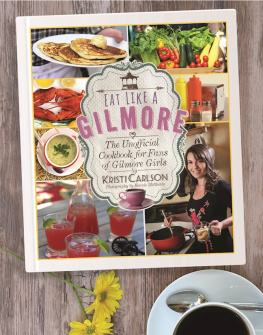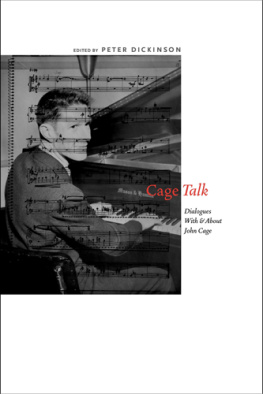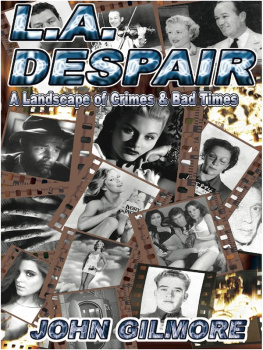Mikal Gilmore - Night Beat
Here you can read online Mikal Gilmore - Night Beat full text of the book (entire story) in english for free. Download pdf and epub, get meaning, cover and reviews about this ebook. year: 2000, publisher: Doubleday Books, genre: Politics. Description of the work, (preface) as well as reviews are available. Best literature library LitArk.com created for fans of good reading and offers a wide selection of genres:
Romance novel
Science fiction
Adventure
Detective
Science
History
Home and family
Prose
Art
Politics
Computer
Non-fiction
Religion
Business
Children
Humor
Choose a favorite category and find really read worthwhile books. Enjoy immersion in the world of imagination, feel the emotions of the characters or learn something new for yourself, make an fascinating discovery.

- Book:Night Beat
- Author:
- Publisher:Doubleday Books
- Genre:
- Year:2000
- Rating:4 / 5
- Favourites:Add to favourites
- Your mark:
- 80
- 1
- 2
- 3
- 4
- 5
Night Beat: summary, description and annotation
We offer to read an annotation, description, summary or preface (depends on what the author of the book "Night Beat" wrote himself). If you haven't found the necessary information about the book — write in the comments, we will try to find it.
Night Beat — read online for free the complete book (whole text) full work
Below is the text of the book, divided by pages. System saving the place of the last page read, allows you to conveniently read the book "Night Beat" online for free, without having to search again every time where you left off. Put a bookmark, and you can go to the page where you finished reading at any time.
Font size:
Interval:
Bookmark:
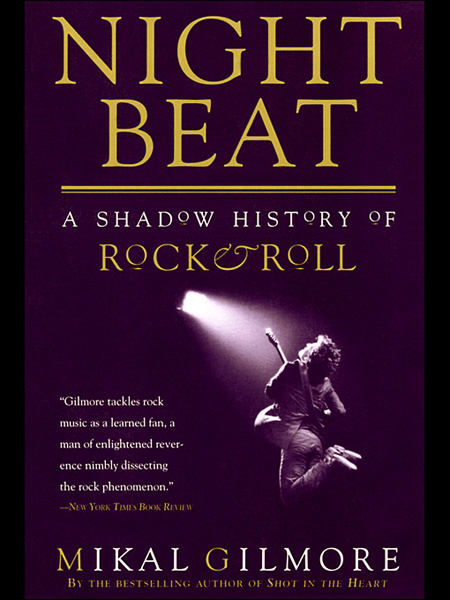
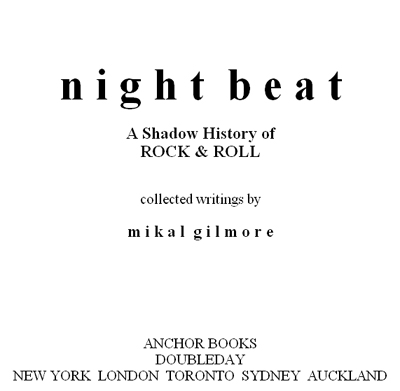
Contents
THIS BOOK IS DEDICATED TO:
George Bouthilet and the late Grace McGinnis, teachers who taught well
Im forever grateful our paths crossed
With a daytime of sin and a nighttime of hell
Everybodys going to look for a bell to ring...
All through the night
LOU REED,
ALL THROUGH THE NIGHT
introduction
I guess I could say what many people of my ageor people who are younger or even oldermight be able to say: I grew up with popular music encompassing my life. It played as a soundtrack for my youth. It enhanced (sometimes created) my memories. It articulated losses, angers, and horrible (as in unattainable) hopes, and it emboldened me in many, many dark hours. It also, as much as anything else in my life, defined my convictions and my experience of what it meant (and still means) to be an American, and it gave me a moral (and of course immoral) guidance that nothing else in my life ever matched, short of dreams of sheer generous love or of sheer ruthless rapacity or destruction.
I can remember my mother playing piano, singing to me her much-loved songs of Patsy Cline and Hank Williams, or singing an old-timey Carter Family dirge, accompanying herself on harmonica. As I remember it, she wasnt half-bad, though of course Im forming that judgment through a haze of long-ago memories and idealized longings.
It was my older brothers, though, who brought music into my houseand into my lifein the ways that would begin to matter most. I was the youngest of four boys; my oldest brother, Frank, was eleven years older than I, Gary was ten years older, and Gaylen, six years older. As a result, by the time I was four or five in the mid-1950s, my brothers were already (more or less) teenagerswhich means that they were caught in the early thrall and explosion of rock & roll. As far back as I remember hearing anything, I remember hearing (either on one of the houses many radios, or on my brothers portable phonographs) early songs by Bill Haley & His Comets, Carl Perkins, Johnny Cash, Fats Domino, the Platters, Buddy Knox, Chuck Berry, the Everly Brothers, Sam Cooke, and Ricky Nelson, among others. But the biggest voice that hit my brothers livesthe biggest voice that hit the nationwas, of course, Elvis Presleys. In the mid-1950s, every time Presley performed on nationwide TV (on the Milton Berle, Steve Allen, or Ed Sullivan shows) was an occasion for a family gatheringamong the few times my family ever collected for any purpose other than to fight. Those times we sat watching Presley on our old Zenith were, in fact, among our few occasions of real shared joy. For some reason, the appearance I remember most was Elviss 1956 performance on the Dorsey Brothers Stage Show (which was also the singers national debut, and was followed by six consecutive appearances). I remember sitting tucked next to my father in his big oversize brown leather chair. My father was not a man who was fond of youthful impudence or revolt (in fact, he was downright brutal in his efforts to shut down my brothers rebellions). At the same time, my father was a man who had spent the better part of his own youth working in show business, in films and onstage and in vaudeville and the circus, and something about rock & rolls early outlandishness appealed to his show-biz biases (though his own musical tastes leaned strongly to opera and Broadway musicals). After watching Presley on that first Dorsey show, my father said: That young mans got real talent. Hes going to be around for a long time. Hes the real thing. I know how clich those remarks sound. Just to be sure my memory wasnt making it all up for me, I asked my oldest brother, Frank (who has the best memory of anybody Ive ever known), if he remembered what was said after wed watched Presley on that occasion. He repeated my fathers declaration, pretty much word for word. I guess my father had a little more in common with Colonel Tom Parker than Id like to admit, but then, like Parker, my father had also once been a hustler and bunco man.
So rock & roll as popular entertainment was welcomed into our home. Rock & roll as a model for revolt was another matter. When my brothers began to wear ducktails and leather motorcycle jackets, when they began to turn up their collars and talk flip and insolently, likely as not they got the shit beat out of them. I guess my father recognized that rock & roll, when brought into ones heart and real home, could breed a dislike or refusal of authorityand like so many adults and parents before and since, he could not stand that possibility without feeling shaken to the rageful and frightened core of his being.

I NEVER GOT TO HAVE my own period of rock & roll conflict with my father. He died in mid-1962, when I was eleven, when The Twist and Duke of Earl were my picks to click. Hardly songs or trends worth whipping a child until he bled.
A little over a year later, President John Kennedy was shot to death in Dallas, Texas. It was a startling event, and it froze the nation in shock, grief, and a lingering depression. Winter nights were long that seasonlong, and maybe darker than usual. I was just twelve, but I remember that sense of loss that was not merely my owna loss that seemed to fill the room of the present and the space of the future. By this time, my brothers were hardly ever home. Gary and Gaylen were either out at night on criminal, drunken, carnal activity, or in jail. My mother had the habit of going to bed early, so I stayed up late watching old horror movies, talk shows, anything I could find. I rememberin January 1964watching Jack Paars late night show, when he began talking about a new sensation that was sweeping England: a strange pop group called the Beatles. He showed a clip of the group that nightthe first time they had been seen in America. Its a ghostly memory to me now. I dont remember what I saw in the clips moments, but I remember I was transfixed. Weeks later, the Beatles made their first official live U.S. television appearance, on February 9, 1964, on the Ed Sullivan Show. The date happened also to be my thirteenth birthday, and I dont think I could ever have received a better, more meaningful, more transforming gift. I wont say much here about what that appearance did to usas a people, a nation, an emerging generationbecause Ill say something about it in the pages ahead, but Ill say this: As romantic as it may sound, I knew I was seeing something very big on that night, and I felt something in my life change. In fact, I was witnessing an opening up of endless possibilities. I have a video tape of those Sullivan appearances. I watch it often and show it to otherssome who have never seen those appearances before, because those shows have never been rebroadcast or reissued in their entirety (there isnt much more than a glimpse of them in The Beatles Anthology video series). To this day, they remain remarkable. You watch those moments and you see history opening up, from the simple (but not so simple) act of men playing their instruments and singing, and sharing a discovery with their audience of a new, youthful eminence. The long, dark Kennedy-death nights were over. There would be darker nights, for sure, to come, and rock & roll would be a part of that as well. But on that night, a nightmare was momentarily broken, and a new world born. Its implications have never ended, even if they no longer mean exactly what they meant in that first season.
Next pageFont size:
Interval:
Bookmark:
Similar books «Night Beat»
Look at similar books to Night Beat. We have selected literature similar in name and meaning in the hope of providing readers with more options to find new, interesting, not yet read works.
Discussion, reviews of the book Night Beat and just readers' own opinions. Leave your comments, write what you think about the work, its meaning or the main characters. Specify what exactly you liked and what you didn't like, and why you think so.

